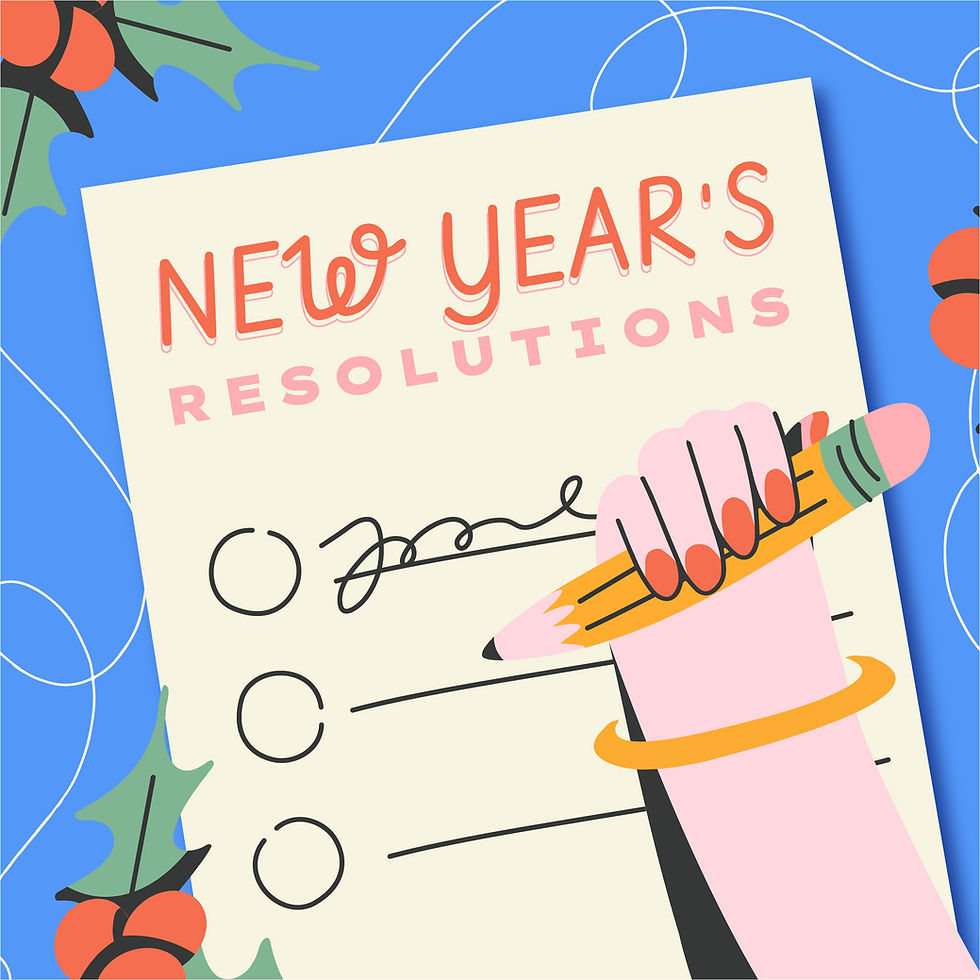How To Be Proactive vs. Reactive
- Bonji Family
- Sep 12, 2022
- 2 min read
Bonji Foods Aficionado Smart Brief: Volume 42
Hi all, welcome back to the Bonji Food Aficionado Smart Brief! We hope the weekend treated you well and that you are ready for a new week full of new opportunities! We are writing to you today because we wanted to follow up on our last hot take with some tips on how to proactively operate your business. The best leaders and most successful people generally take a proactive approach to situations. Instead of waiting for a problem to arise and seeing how you will solve it, being proactive means you have already foreseen this scenario play out. Think ahead and take a few minutes to write down potential issues that may come about in the future. It may seem silly to write down things that may never happen, however, it's important to have, at least, an idea of how to solve the problem.
_______________
Why Should I Be Proactive? Forward-thinking is something that takes a bit of effort in the present but can save so much valuable time later on. Not only will being proactive save time, but it can also prevent mass amounts of stress, offer greater stability, and create a more controlled environment. In the restaurant industry specifically, being proactive can play a massive role on your bottom line and growth. Aside from simply brainstorming about potential scenarios, there are more ways to be proactive such as active listening, taking responsibility, and learning from mistakes from the past. However, the best thing you can do to take a proactive stance is to install systems that take care of a ton of problems before they even hit your desk.

3 Systems To Help You Be Proactive
Proactive in ordering - under ordering causes stress and more issues
If it doesn't expire anytime soon, have it in stock - assets to turn in $$
Track averages to create a better forecast
Ensure employees know how to communicate with customers
Systems like taking out the garbage, keeping track of inventory, opening/closing store
When something negative happens involving an employee, it can often be tracked to the training program
Dealing with upset customers: when someone is waiting in line for a while - be proactive, offer something 50% off or extra - could be the difference between a bad and great review
Proper safety protocols (training the right way)








Comments